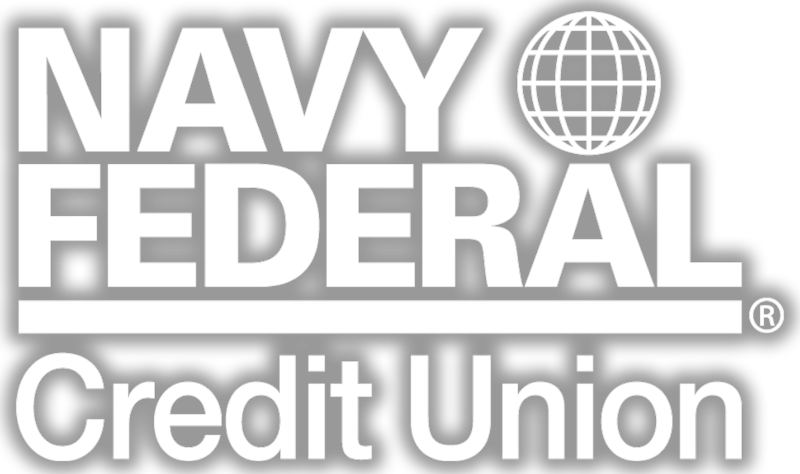This story is provided and presented by our sponsor Navy Federal Credit Union, a U.S. credit union headquartered in Vienna, VA, serving the U.S. Armed Forces and their families, chartered and regulated under the authority of the National Credit Union Administration. ![Navy Federal: Starting your savings and retirement account[ID=77089960] ID=77089960](http://bcdownload.gannett.edgesuite.net/militarytimes/44862801001/201512/3830/44862801001_4655360260001_4655326482001-th.jpg?pubId=44862801001)
![635853414588550246-Attachment-1.jpg [image : 77090720]](http://cdn.tegna-tv.com/media/2015/12/10/GGM/MilitaryTimes/635853414588550246-Attachment-1.jpg)
For more information, visit navyfederal.org.
A 2015 study conducted by Navy Federal Credit Union and ORC International found that military millennials are more likely than general population millennials to prioritize building up savings or emergency funds. For service members, the basic building blocks of saving starts nearly as soon as taking the oath of enlistment or oath for commissioned officers.
We know it's important to save money – but getting started can be a challenge for many. Even for those just entering the military, or those who've been in a few years, there are lots of avenues to saving successfully.
Start an emergency fund
Navy SEALs have a saying – "No plan survives first contact with the enemy." Emergencies arise in life when you least expect it, and the best way to be prepared is to have an emergency fund you can easily access. The key here is having the discipline to keep your hands off the account unless it's a true emergency. A last minute vacation trip doesn't count, nor do those new rims you've been eyeing for your car.
Emergency funds should be used for unexpected auto repairs, medical expenses or temporary disruptions in your regular income. A vital part of having and using these types of funds is replenishing what was taken out. If you do have to withdraw money from the account, immediately set up automatic transfers to cover the cost of the emergency – even if it takes a few months to replace.
Experts recommend saving three to six months salary to have a fully funded emergency savings account. Does this seem like a lot? Imagine how that money would come in handy if your regular income shut off for two months. Now does it seem worth it? It takes time to build up the emergency fund, but peace of mind is worth every penny.
Take small steps
The path from basic training to an E-9 may seem long, but like most big endeavors, take small, deliberate steps, and the big picture begins to form. It all starts with having an established plan. Figure out where you want to be in retirement, then work backwards to come up with small, bite-sized goals that won't overwhelm you.
Try using direct deposit to send a portion of your pay directly into a savings account. The out-of-sight, out-of-mind approach really does work. And, before you know it, your savings account will have more money in it than you realized. Direct depositing money into a savings account doesn't have to throw your budget into a tailspin. Start off by calculating your monthly budget, determine what you can safely afford to save (even if it's only $5 at first), and then start transferring that money!
Know your options and start early
Service members have several of options when it comes to retirement accounts. Contribute what you can into a qualified retirement account, like Individual Retirement Accounts (IRAs), 401(k)s, 403(b)s and government Thrift Savings Plans (TSPs) that allow your money to grow tax-deferred.
The ideal situation is to start saving early and often, even if it's a small amount at first. Eventually, plan to work your way up to saving 15 percent or more of your annual income. According to the Navy Federal Retirement Center, most people will need about eight times their final salary by age 67 to fund 85 percent of pre-retirement income.
Finally, know who to talk to. Look for a trusted financial advisor to help you build savings and provide retirement guidance. In the military, you rely on mentors to train and teach you how to do your job. Financial advisors work similarly with your finances and can show you the road map to successful saving!
You May Also Like:
This story is provided and presented by our sponsor Navy Federal Credit Union. For more information, visit navyfederal.org.
©2015 Navy Federal Credit Union. All Images used for representational purposes only; does not imply government endorsement.






